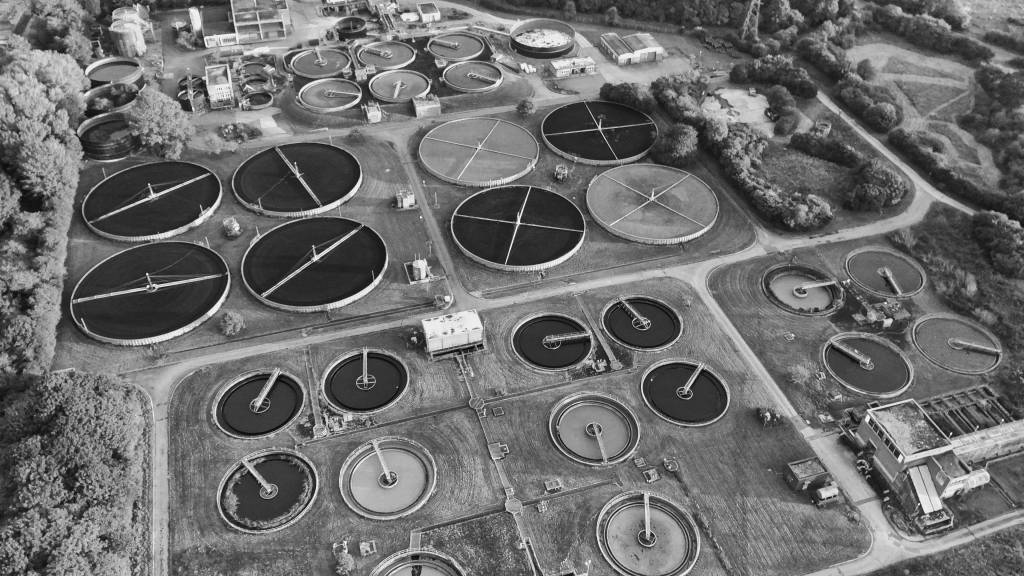Water scarcity and the environmental impacts of water pollution have become pressing challenges in today's world. As the global population continues to grow, so does the demand for sustainable water management solutions. One crucial approach to addressing these challenges is the advancement of infrastructures for the treatment and reuse of wastewater. By rethinking how we handle this underutilized resource, we can significantly contribute to water conservation and environmental protection.
Current State of Wastewater Treatment
Traditionally, wastewater treatment is carried out in a multi-stage process involving primary, secondary, and sometimes tertiary treatments. These processes aim to remove contaminants like suspended solids, organic matter, and pathogens, making the water safe to be discharged back into natural water bodies. Despite the effectiveness of conventional treatment methods, they often fall short in removing micro-pollutants and are energy-intensive, making them less sustainable in the long run.
Emerging Technologies in Wastewater Treatment
To overcome these limitations, several cutting-edge technologies have emerged. These innovations aim to enhance the efficiency of wastewater treatment processes, reduce energy consumption, and increase the safety of the treated water. Some of these technologies include:
- Membrane Bioreactors (MBR): These systems combine biological treatment with membrane filtration, which offers a higher quality effluent than conventional systems. MBRs are particularly effective in removing pathogens and micro-pollutants, making them suitable for producing water that can be reused safely.
- Advanced Oxidation Processes (AOPs): AOPs involve the generation of highly reactive molecules capable of breaking down complex organic pollutants that are otherwise resistant to conventional treatments.
- Anaerobic Treatment: Unlike traditional aerobic processes, anaerobic digestion treats wastewater without oxygen, generating biogas as a valuable byproduct that can be used for energy production.
- Constructed Wetlands: By mimicking natural wetland processes, these systems use plants and microorganisms to treat wastewater, providing a low-cost and sustainable solution.
Benefits of Wastewater Reuse
Embracing the concept of wastewater recycling offers numerous benefits that extend far beyond environmental protection. By treating and reusing wastewater, communities can reduce their dependency on freshwater sources, which are increasingly at risk due to climate change and over-exploitation. Reusing treated wastewater in agriculture, industry, and even potable applications can help mitigate these risks.
In agriculture, for example, recycled water can ensure food security by providing a stable water supply for irrigation, especially in arid regions. Industries can achieve lower operational costs by using recycled water for processes like cooling and washing. Additionally, urban areas can benefit from recycling wastewater for landscaping and recreational uses, reducing the strain on municipal water supplies.
Challenges and Considerations
Despite its potential, the implementation of wastewater reuse is not without challenges. One of the primary concerns is the public perception of wastewater as a source of contamination, which can hinder its acceptance for potable and non-potable uses. Infrastructure costs can also be a barrier, as significant investments are required to modernize existing facilities and build pipelines for distribution.
Moreover, developing robust regulatory frameworks is crucial for ensuring the safety and reliability of recycled water. These regulations need to be flexible enough to accommodate different local conditions while maintaining high standards for public health protection.
Another consideration is the energy footprint of treatment processes. While advanced technologies may offer better treatment performance, they can also be more energy-intensive. Balancing technological advancements with energy consumption is essential for sustainable wastewater management.
Future Perspectives
The future of wastewater treatment and reuse looks promising, with ongoing research and development focusing on enhancing current technologies and exploring new approaches. One such approach is the integration of digital solutions and automation, which can optimize treatment processes, reduce operational costs, and enable real-time monitoring of water quality.
Collaboration between governments, private sectors, and research institutions will be pivotal in driving innovation and investment in this field. Promoting education and awareness about the benefits of wastewater reuse will also play a critical role in overcoming societal resistance.
As urbanization continues to rise, decentralized wastewater systems may gain popularity. These systems treat wastewater at or near its source, reducing the need for extensive infrastructure and enabling communities to manage their water resources locally.
The potential for wastewater to be a pivotal component in the circular economy is massive. By shifting our perspective from wastewater as merely a waste product to viewing it as a valuable resource, we can make considerable strides towards a more sustainable future. To learn more about innovative approaches and success stories in this field, explore the concept of wastewater recycling.
As technology progresses and societal awareness grows, the barriers to wastewater reuse will diminish. We must seize this opportunity to transform our water management practices and pave the way for a more resilient and sustainable world.
